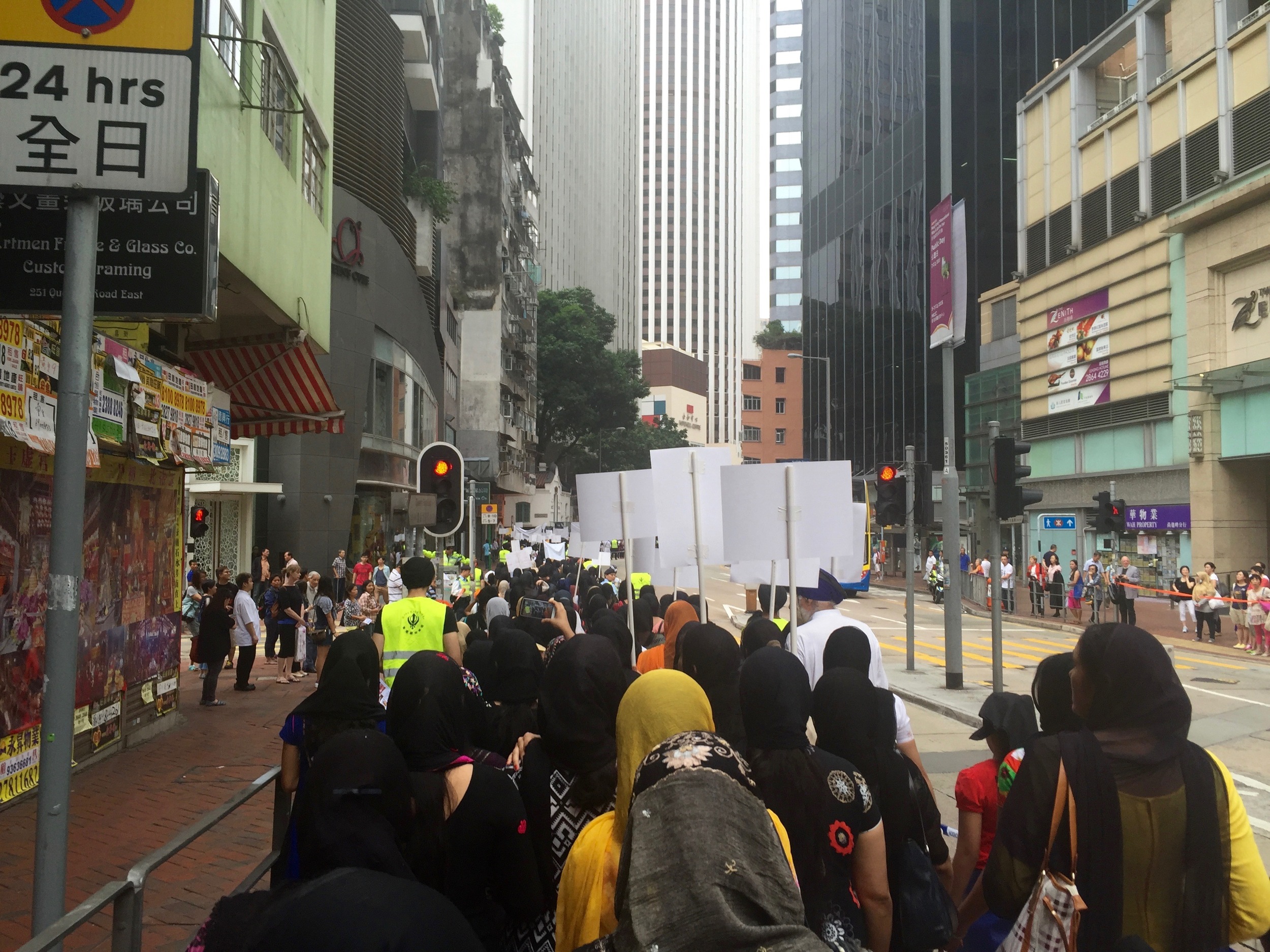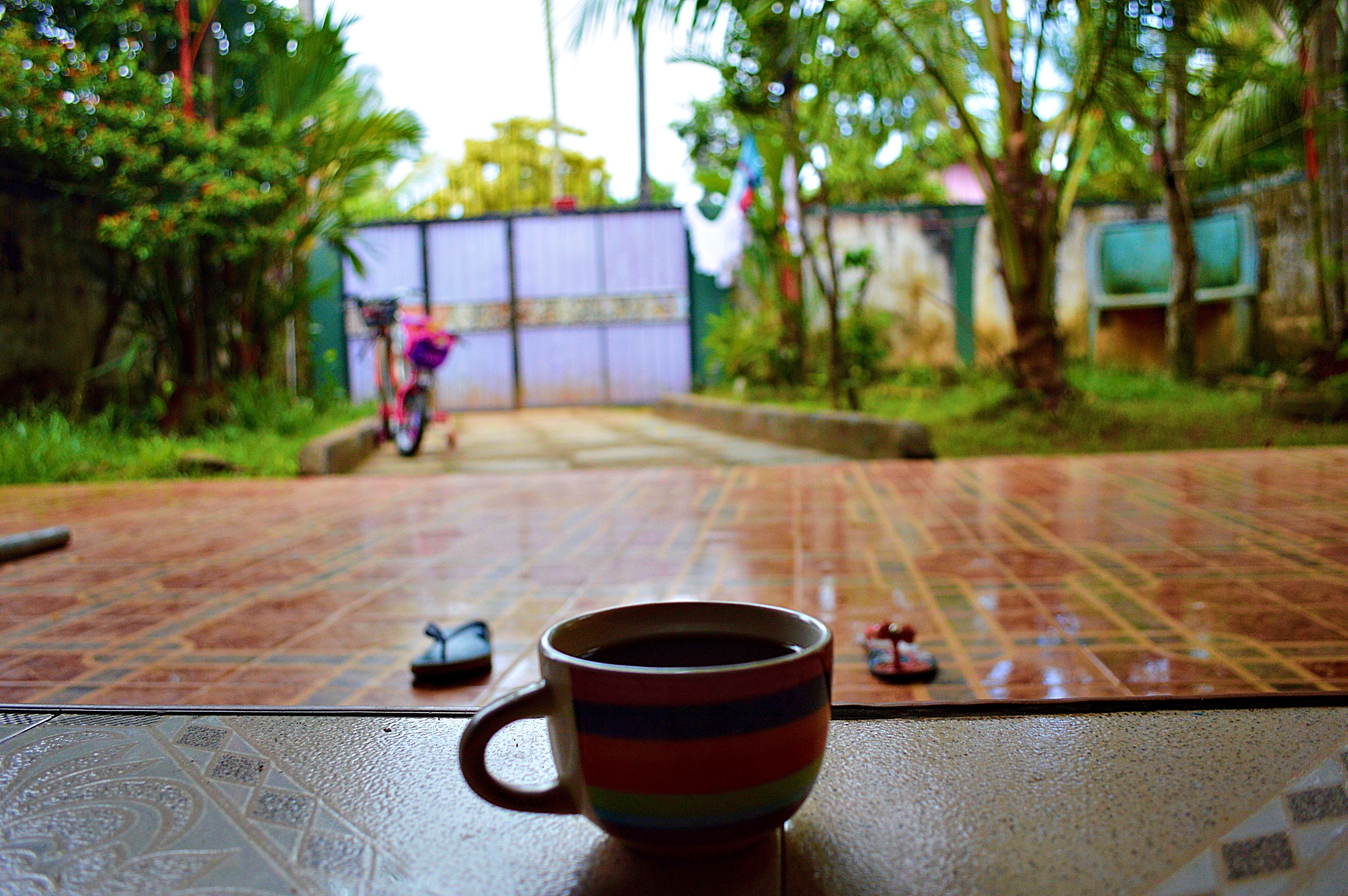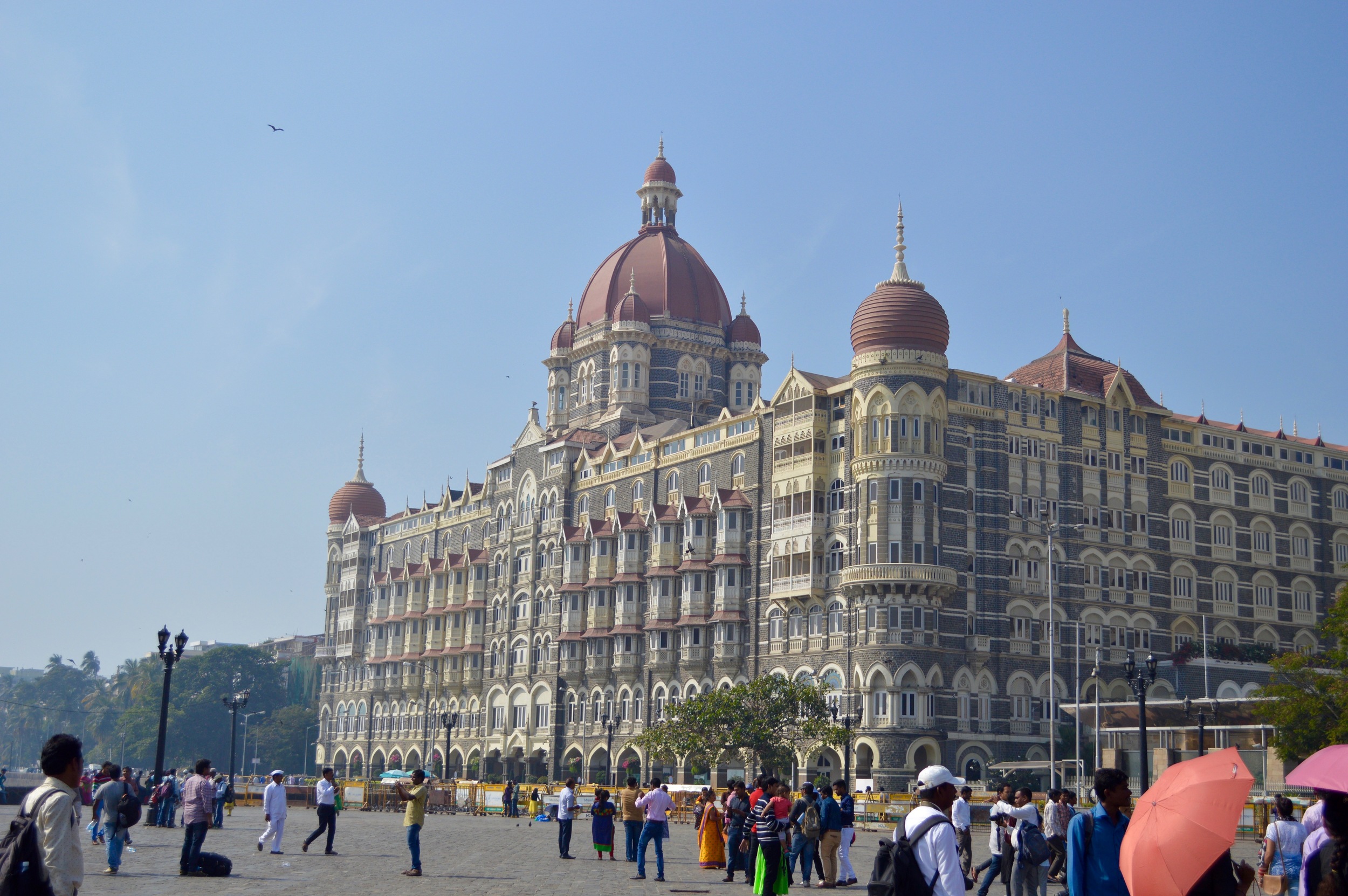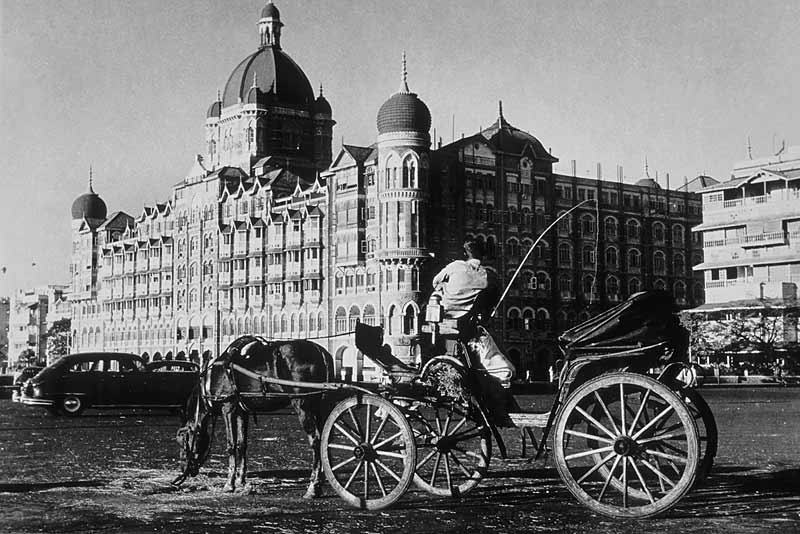A few months before I graduated from college, I found out that I was one of three recipients for the Bonderman Fellowship, a $20,000 grant to travel the world. I know, it sounds straight out of a movie, but somehow I was lucky enough to get the part. When I first started traveling, I knew that this year would bring many adventures, challenges, and life lessons. But, as with most things we learn, the ways in which I’ve changed and grown have often been unexpected. A few months into my trip, I wanted to make a change in how I was traveling. Rather than see a lot of a country, moving from hostel to hostel, I decided to spend most of my time in one place. I wanted to learn how to make one place a home and truly get to know it before I left. I searched through volunteer websites and found a family in Sri Lanka who would be willing to host me while I helped out around the house and with their five children.
I arrived in Sri Lanka, spending a few days in Colombo before heading south to the small town my host family lived in. Colombo had been a nice break after five weeks in India, as it was one of the most westernized cities I had visited on my travels. Except for the fact that everyone around me had brown skin like mine, I felt like I had been thrown back to a small beach town in the States. Coffee shops and cafes perched on each corner, malls and boutiques every few blocks, and the humidity hung overhead while everyone waited for an afternoon rain shower.
When the time came, I boarded my train from Colombo Fort Station, barely making the last one before rush hour, which I had been warned several times to avoid at all costs. I breathed a sigh of relief as the train slowly chugged alongside the water away from the station. I watched as the scenery changed from tall buildings to clusters of shanty houses with stretches of beach in between. Two hours or so later, I arrived, and I got off the train to find the oldest child in my host family waiting for me with a tuk tuk driver. We loaded my backpack into the back and were on our way.
The driver weaved through narrow streets and potholes, massive puddles created by daily downpours, and the occasional chicken or cow. I felt the stares of passerby, and started to wonder what I had gotten myself into. As someone who looked somewhat local, but also entirely foreign, Sri Lanka had already proven to be an interesting environment. I realized that bringing myself to a more rural area would only exacerbate that.
We arrived at the house, and my host mom welcomed me in with a cup of tea and some conversation. As I looked around their house, which one could essentially do from the front room, I saw markings on the walls and a few toys and papers strewn in a few corners. She pointed me to one of the few side rooms, saying that I would be sleeping in there. I dropped my bag inside, seeing a bed, a mosquito net, and a fan.
I was given a tour and I quickly settled into a routine along with the family. As they went off to school each day, I would stay at home taking care of the youngest, their three-year-old daughter. Our first few days were interesting, as we both adjusted to spending our mornings with a stranger who spoke an entirely different language. The kids would come home at various times, usually youngest to oldest, as their exams would finish up. We spent afternoons playing cards and I would often break away to help their mom cook or clean when she returned from grading exams, usually an hour after the kids.
Although my schedule day-to-day was incredibly relaxed and mostly spent playing with the kids, occasionally taking them to the beach, and catching up on reading, I started to realize that I was more exhausted than I had been in weeks.
My mind was buzzing with all that was around me and what I was experiencing. From the moment—my first night—when I realized my host family was sleeping on the floor in the common area outside my room. My own cultural background, being the daughter of Indian immigrants, came to the fore, as I told them several times that I did not need the bed and would be happy to sleep on the floor outside. They, of course, refused, and also insisted that this was their normal routine. I believed them, but I also don’t think I got a single good night of rest, knowing that I was in a queen bed on my own while my host family slept on the floor outside my door.
The other strong memory that comes back to me is meal times. Again, as South Asian culture requires, guests are treated like royalty. The kids always asked me to eat first, serving me food first, ensuring that I always sat down first and got first helpings. But, as the days went on, the food supply dwindled because my host dad had not been able to come back from the city and buy groceries. For the first time in my life, I was incredibly conscious of how much I was consuming, how much space I was taking up, and not because of self-image issues. I wondered whether my contributions to this family were truly worth the extra food I was taking away from their stomachs. I felt immense guilt.
But, there were good moments. So many of them. Getting caught in a Sri Lankan downpour on the beach while the kids refused to leave because “they were wet from the ocean anyway,” laughing and screaming as we ran for the last tuk tuk so we wouldn’t get stranded. Playing game after game of Crazy Nines and Go Fish and other weird games we made up with cards. Early evenings sitting at the front door sipping tea, nights going over math homework and listening to them recite their Tamil reading or verses from the Qur’an. I felt so at home.
And so, naturally, leaving was challenging. The day crept up slowly and then quickly, and finally it was the morning that I had to wake up at 3 AM in order to get back to Colombo in time to catch my onward journey. I looked at the sleeping kids’ faces one last time, incredibly thankful for all the love they had shown me over the last couple of weeks. I quickly hugged my host mom, thanking her for everything and us both hoping our paths would cross again. My host dad and the oldest son would be joining me, ensuring that I made my train.
As with all transportation in South Asia, we were late. With just five minutes to spare, I sprinted into the train station and found my seat. As I caught my breath, I looked out the window and saw the father and son, smiling and waving. I wanted to say thank you, but, again, there was so little I could do or say for all they had given me. In the United States, we’re taught and shown that you must physically give to show your love. Presents and money are how we develop relationships. Yet, here was a family who had given me more than I can express, and that was something I will never forget. Focusing less on all the extra “stuff,” and more on love and kindness, I saw that we can have truly meaningful experiences after all.
I’ve always felt that my role in living sustainably could start and end with recycling and conserving water, but to truly have a stake in sustainability and living consciously, we must go beyond those basic steps. Through consciously examining how much we actually need to consume and obtain, we can minimize our footprint and live more sustainably. Living such a simple way of life also showed me how materialistic we can be, but also how that leads to a constant cycle of unhappiness. The more we focus on having things, the less easy it will be for us to find an inner calm because there will always be more things we can have. Focusing on how to make ourselves happy and healthy through relationships, as well as self-reflection and self-dependency, can build a more healthy way of life—physically and mentally.
Originally written for Earth Heir







